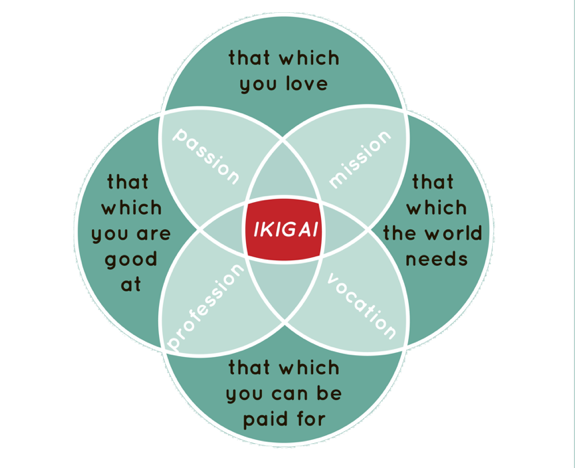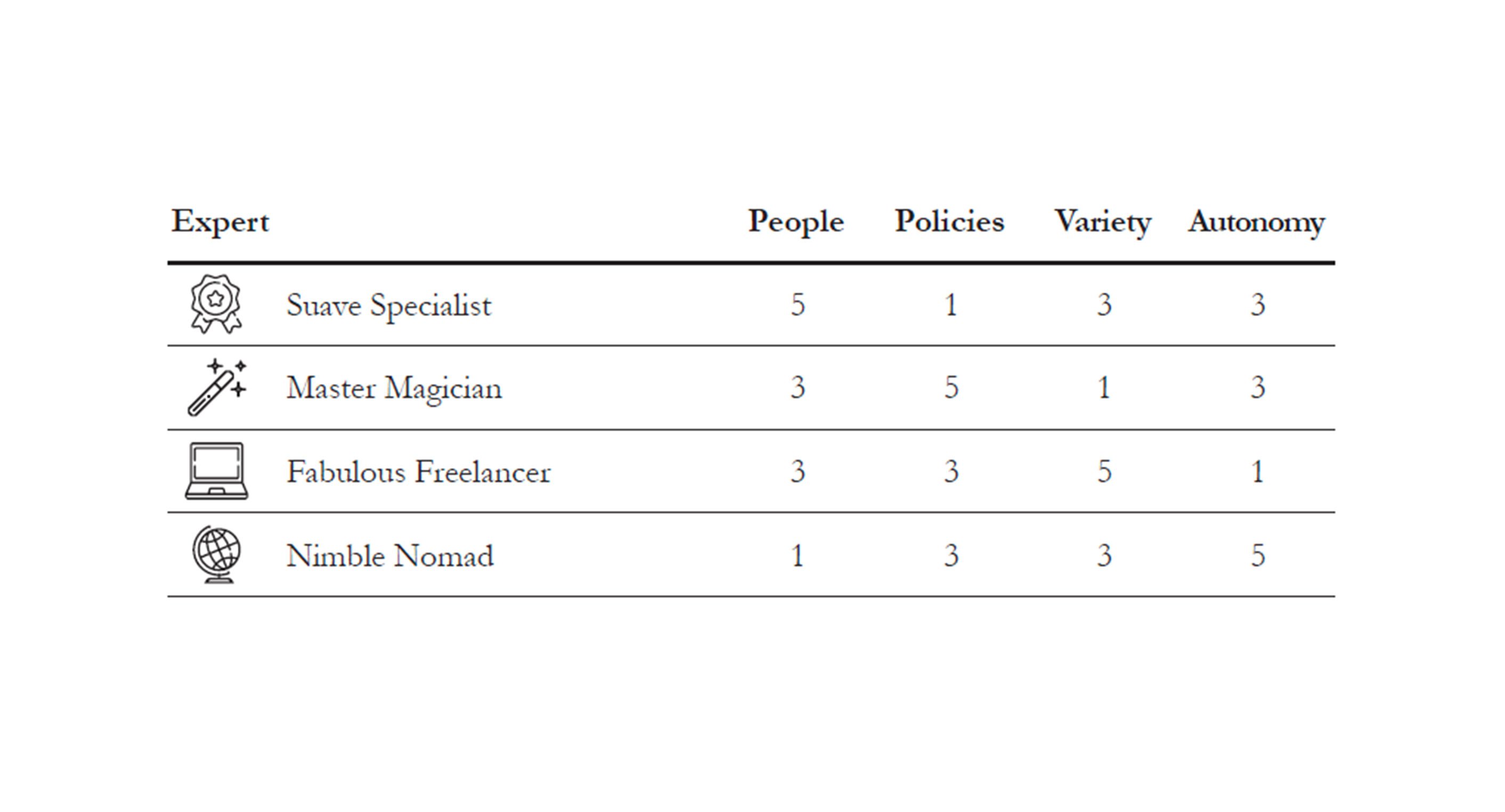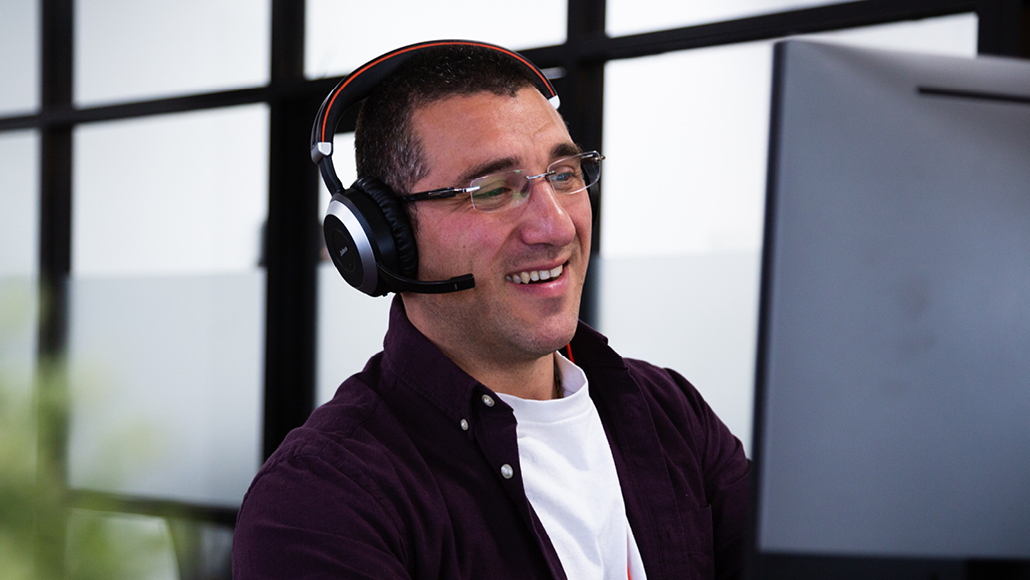Phone interviews are just as important as any other interview, and they are fast becoming the new normal for every company in the world - well beyond the initial screening call.
As an HR tech platform - remote onboarding is our bread and butter. The phone interview is a style we’ve been perfecting for 3 years now, and I’ve learnt a thing or two about what works and what doesn’t. In this post, I’ve pulled together some of my top tips for jobseekers today to make sure they are set up for success, and able to showcase themselves to the best of their ability through an audio-only platform.
Timing
Timing is everything, and if your interviewer has called at a difficult time, don’t be afraid to say so! It’s totally OK to ask for a callback if you get caught off guard, or at a bad time. Recruiters would much rather you suggested a better time, then have a conversation where there’s constant interruptions or distractions in the background.
As soon as you start engaging with a company you’re applying for - take the time to research and the role itself. Make sure you’re across their Missions and Values so that you can express your passion for the company and start to think about why you are a great fit ahead of that very first call.
Tone of Voice
Your interviewer is unable to see your face, and this means that they are going to be extra tuned into your tone of voice. Take a moment to get in the right frame of mind beforehand if you can, make sure you are in a safe and quiet environment where you feel as comfortable as possible and have a glass of water to hand if you know that you might get a tickly throat and find it difficult to articulate yourself.
Even if you don’t feel totally at ease, a calm and upbeat tone of voice is essential as your interviewer tries to gain an insight into the type of person you are. ‘Fake it til you Make it’ as they say - and if you can come across as energetic and positive, with a can-do attitude you will be proposing yourself as a productive team player who would be a great addition to any team.
Communication
Speak clearly and be conscious to slow down your words because most of us speed up our normal pace when we’re nervous. Take a deep breath and have a pause to think about your response before you answer. Chances are your answer will come across a lot better than if you launch into a response immediately.
Listening
A key part of communication is listening. In your phone interview, make sure you practise ‘Active Listening’ - a technique which requires you to fully concentrate, understand, respond and then remember what is being said. Active listening also means showing active signs of interest in, and comprehension of the interviewer. In face to face interactions, non-verbal signs of active listening can include nodding, smiling and maintaining eye contact, but of course none of these can be translated on the phone. A simple “Yes” or “Mmm hmm” can serve as a verbal sign in this case.
It is important to answer questions accurately. Techniques that may help you with this are Repetition and Clarification. Repeating a summary of what has been asked back to the interviewer in your own words gives you a chance to show that you have absorbed and understood what is being asked logically and clearly, and also buys you a little extra time to craft your answer.
Be Professional
Remember, if you are successful you could end up representing the brand so keep this in mind with your responses. While it's great to be personal and honest, remember that you’re applying for a job, not having a chat with a friend. That means maintaining a professional air - no swearing or bad-mouthing previous companies!
Honesty
Hirers can spot (and hear!) lies or inaccuracies a mile away. Transparency is key in all interviews, not just telephone interviews. A lie told in a phone interview will only come up again and lead to embarrassment. Try to stick to real-life examples and be as accurate as possible. For example, instead of saying “I always meet my KPIs” give an example of what specific metric you worked towards and how you achieved it.
Be Yourself!
Finally, be yourself. You have the best chance to succeed in your career if you believe in yourself, know your capabilities and are able to articulate your thoughts to your team. If you have the confidence to present yourself truthfully and honestly, the interview will have a better chance of identifying that you are the right person for the job.
Now go ahead and nail that phone interview! For more tips and tricks on how to be a great employee, head to the Weployee blog here

We were the proud partners of World Forum Disrupt’s Women of the Web event last week which saw over 250 smart and engaged female leaders from the front lines of Sydney’s most influential digital organisations, come together to learn, share knowledge, connect and eat banana bread together. The irony of the event being hosted above an old-fashioned Gentleman's Club was not lost on us, but the energy and empowerment from that room was strong enough to drown out any whiffs of cigar smoke, single malt whisky, or patriarchal leanings that may have been lingering in the air.
The keynote presentations acknowledged thought-provoking and topical issues for everyone, by an incredible panel of guest speakers from the upper ranks of the world’s most innovative and successful organisations. These included but were not limited to:
- The rise of women in digital
- Equal Pay
- Building inclusive and equal company culture
- Breaking into C-Level leadership
- Maternity leave and legal loopholes
- Corporate social responsibility
- Embracing obstacles and redefining 'failures'
Needless to say, we came away inspired and equipped to make a change too. As part of this we wanted to share some of the highlights of the talks we encountered, beginning with Susie Bayes, Head of Partnerships & Philanthropy at The Guardian.
Purpose to Profit: The New Business Paradigm
The argument for companies to elevate social purpose within their business priorities rather than hide them away within “Corporate Social Responsibility” initiatives is becoming impossible to ignore.
J.Walter Thompson research adds to global evidence, revealing that:
- 89% of respondents “care personally” about protecting the planet
- 83% would always pick the brand that has a better record of sustainability
- 90% agree that companies/brands have a responsibility to take care of the planet and its people.
From Unilever’s success through sustainability to Adidas’s selling over a million shoes made from ocean plastic, the uplift to these businesses’ bottom line is proof that doing good is good for business. Susie shared her own purpose journey and that of Guardian Australia, demonstrating that everyone can make a change through their work.

“My Purpose journey started at the age of seven, making my best friend help me run a sale for the Cancer Research Campaign in her garden! I was obsessed with reading about inequality all over the world and through history and really wanted to make a difference in the world. Before university, I taught English for 6 months at a Tanzanian high school, climbing Mount Kilmanjaro with the students. Then, with a deep interest in understanding people and their motivations, I studied Social Psychology. But after I graduated, I got distracted by having fun marketing Paramount, Universal and 20th Century Fox films.”
A New Chapter
Susie came to Australia looking for change, and unfulfilled by her first role at a publisher, was delighted when she was contacted about a role at The Guardian. The news publisher’s unique ownership by The Scott Trust ensured editorial independence and Susie loved their in-depth reporting on areas that weren’t getting the media attention they deserved, including immigration, indigenous issues and the environment.
Joining “Guardian Labs”, the content team, as a Group Account Director, she was responsible for creating ideas and innovative solutions that would help brands connect with readers to achieve their commercial goals. 6 years since its launch in Australia, The Guardian was rapidly increasing audience numbers (now over 5 million Australians) but reach no longer equated to revenue. All publishers faced a challenge: with Google and Facebook taking almost all new digital advertising dollars, how could news pay its way?
Other publishers assumed people wouldn’t pay for content and resorted to clickbait to maximise advertising impressions or thought the only way to get reader support was to gate content behind a paywall. The Guardian chose a different, unique path, predicated on their unique ownership structure and inspired by their mission
“Through clarity and imagination, we will make space for hope”.
They supplemented advertising and brand content by asking those who valued them for voluntary support -through reader contributions and philanthropy. With this mixed revenue model, The Guardian broke even and their unique purpose now makes their civic journalism sustainable.
Finding “Ikigai”
At 2015’s Purpose conference, Susie came across the Japanese concept of “Ikigai”. She realised this captured the pivot she wanted to undertake and looked at how her work could drive positive change which also achieved client objectives. She started to show clients and The Guardian alike the value of creating content that connected to the audience through their values and purpose.
 It’s 4 years since she started this journey, demonstrating a totally new way of working and it hasn’t always been easy. The hard work has now paid off and her new role allows her to create purpose-led brand partnerships with influential partners from Bank Australia to Powershop. She’s even partnered with Coca Cola, highlighting that 70% of their bottles are now made from recycled plastic, providing a pathway to a circular economy.
It’s 4 years since she started this journey, demonstrating a totally new way of working and it hasn’t always been easy. The hard work has now paid off and her new role allows her to create purpose-led brand partnerships with influential partners from Bank Australia to Powershop. She’s even partnered with Coca Cola, highlighting that 70% of their bottles are now made from recycled plastic, providing a pathway to a circular economy.
This work fulfils The Guardian’s mission statement “using clarity and imagination to inspire hope.”. It provides organisations with an authentically relevant way to scale their positive impact by investing in storytelling from The Guardian’s trusted voice.
What’s your Purpose?
Susie is adamant that, whilst it can be hard, everyone can make change through their work. “If you feel like you want more purpose, think about what you care about and what the world needs - finding out more from initiatives like The UN’s Sustainable Development Goals.
You don’t have to leave big business to bring purpose to your work. Once you know what impact you want to create, mastering intrapreneurship can help you achieve it:
- Make a compelling business case (Providing data to back up your hunches)
- Negotiate your internal political system (Identify the decision makers)
- Build communities of purpose (advocates within your business)
- Learn from existing stories and models (do more with less) and
- Foster personal resilience (be obsessed with your mission and spend time with your supporters)
Connect with the League of Intrapreneurs for more
Susie believes that together, we can be a force for change. Purposeful business makes sense for all business and is proven to help companies better innovate, invest, serve customers and engage employees. She recommends communicating purposeful initiatives effectively to see maximum return on investment, ideally with a trusted third party voice such as Guardian Labs.
She concluded with Brené Brown’s quotation, encouraging us to choose the former. Read more content from the Women of the Web event below.
“You can choose courage. Or you can choose comfort. You can’t choose both.”

The 2015 Nancy Meyers comedy The Intern, starring romcom queen Anne Hathaway and Academy Award-winning actor Robert de Niro is a fluffy and playful film that did moderately well at the Box Office and earned itself a collection of "middle-to-average" reviews from the critics. But there was some genuinely insightful dialogue between the well-illustrated characters, and a few pointers that were refreshingly forward-thinking when it comes to modern workplaces. Here's three of my favourite:

The future of work is right here, right now. Technology is changing the nature of work every single day. Whilst your personal preference may be to have an ‘expert’ type of role, as a gigster, a person who uses technology to help you get gigs, there are some indicative Gigster Types that will match your values, strengths and context (the variables specific to your personal circumstances, location or industry).
Streamline your hiring
Business support staff with no hidden fees. Start hiring anytime.
